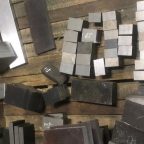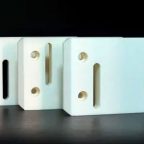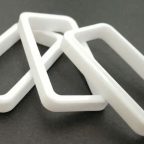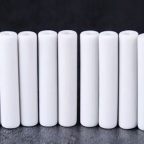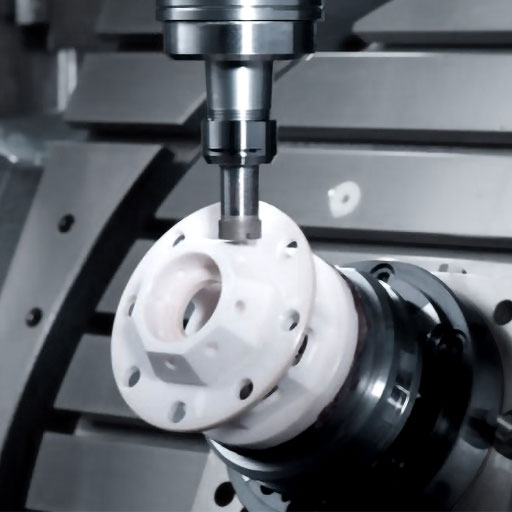alumina ceramic substrate is a kind of precision ceramic material. It is widely known because of its stable chemical and physical properties. So what are the benefits and applications of alumina ceramic substrates? Next, Pintejin Ceramics will introduce to you. Application fields of alumina ceramic substrate 1.LED power lighting. 2. High-power power semiconductor modules: semiconductor refrigerators, electronic heaters. 3. Power control circuit, power mixing circuit. 4. Intelligent power components: high frequency switching power supply, solid state relay. 5. Automotive electronics, aerospace and military electronic components. 6. Solar panel components: special switches for telecommunications, receiving systems, lasers and other industrial electronics.
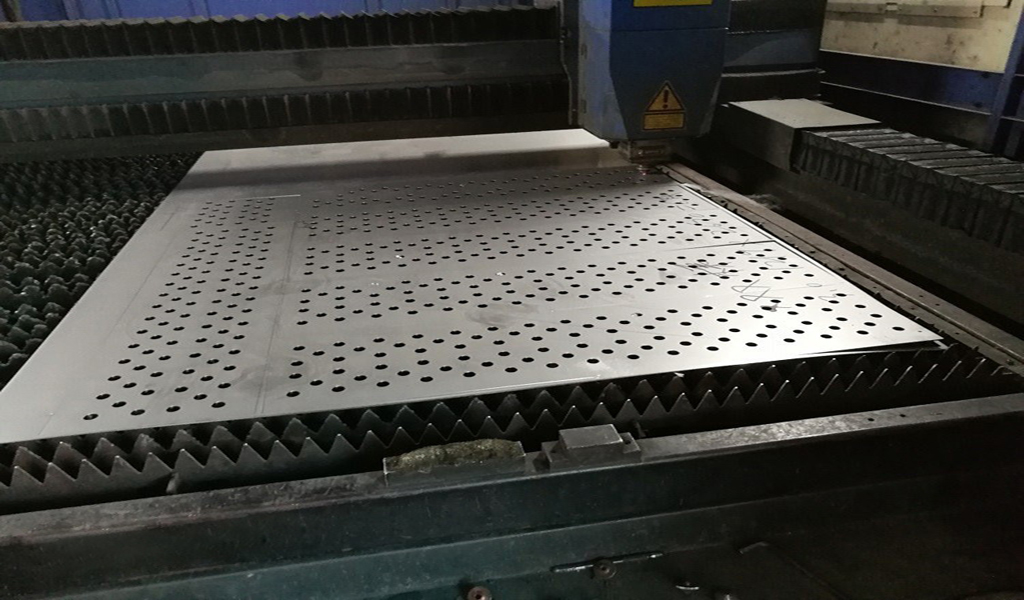
Alumina ceramic substrate
The benefits of alumina ceramic substrates Alumina ceramic substrates have low communication loss – the dielectric constant of the ceramic material itself makes signal loss smaller. High thermal conductivity – the thermal conductivity of alumina ceramics is 15-35 w/mk, and the heat on the chip is directly conducted to the ceramic sheet without an insulating layer, which can achieve relatively better heat dissipation. A more matching thermal expansion coefficient – the material of the chip is generally Si (silicon) GaAS (gallium arsenide), and the thermal expansion coefficient of the ceramic and the chip is close, and it will not cause too much deformation when the temperature difference changes drastically, causing problems such as line de-soldering and internal stress.Alumina ceramic substrate
High operating temperature – Ceramic can withstand high and low temperature cycles with large fluctuations, and can also operate normally at high temperatures of 500-600 degrees. High Electrical Insulation – The ceramic material itself is an insulating material and can withstand high breakdown voltages. The above is what Pintejin Ceramics brings to you. Pintejin Ceramics is a manufacturer specializing in the production and machining of ceramics, focusing on the machining of alumina ceramic parts and zirconia ceramics, and can process ceramic products according to your needs.
Pintejin machining ceramic service include : Alumina Ceramic Parts, Zirconia Ceramic, Silicon Carbide Ceramic, CNC Machined Aluminum Nitride Ceramic, Machinable Ceramic Parts, Glass Ceramic,Macor Ceramic,Powder Metallurgy Dies,Ceramic Injection Molding,Ceramic Dry Pressing,Ceramic Extrusion Dies
